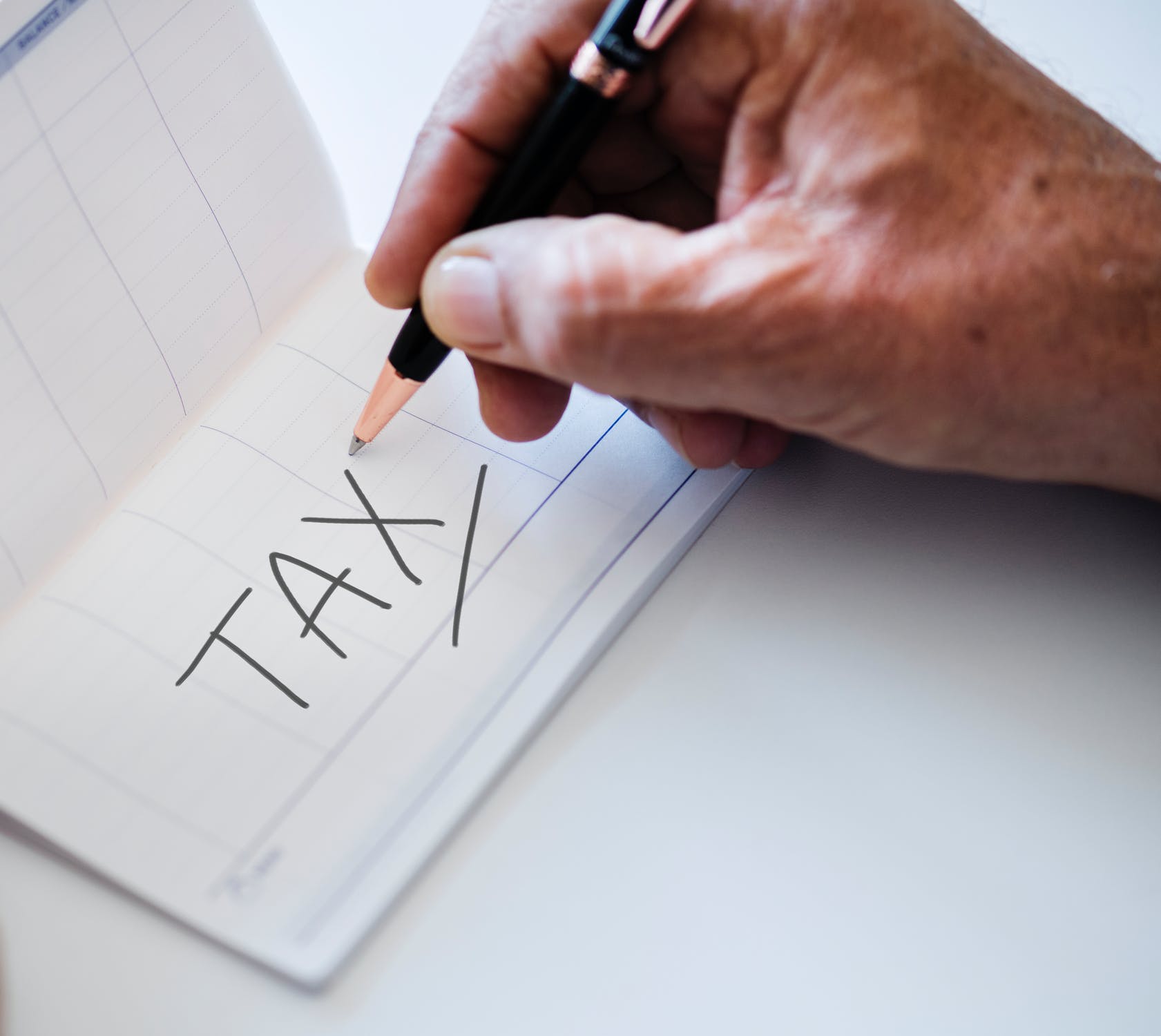
Taxes are complicated. We all know that. But with simple research and dedication you can pay a lot less than you would have otherwise. Saving money and getting a larger return isn’t necessarily easy, but it can be pretty simple if you know what to look for. These simple tips will help you get back as much as you can and relieve stress.
Make Claims on your Pension
If you have a pension, there are many ways to save. You won’t typically pay any tax at all if your total annual income adds up to less than your Personal Allowance. Lump sums from the pension can take up to 25 percent of the amount built up in any pension. It also doesn’t affect your Personal Allowance.
You are able to take out any pension up to 10,000 at once. If you take this “small pot” lump sum option, 25 percent of it is tax-free. A pension up to 30,000 can usually be taken at once if you have a defined benefit pension or a defined contribution pension.
Checking with your provider can help you take out money from a defined contribution. The money you save in your pension can be cashed in, a quarter of it without taxes. Still you may have to pay a fee on the money you put into the pension after you withdraw.
Make the most of ISAs
A tax-free ISA allowance can be put into a cash ISA, in a stocks and shares ISA, or a combination of both. This has an annual limit of 20,000. In addition, no Capital Gains Tax (CGT) is paid in shares that are held in an ISA. A Junior ISA is another way to receive benefits. According to experts at the site Money Pug, a platform used to find the best junior stock and shares ISA, using a Junior ISA can help you avoid taxes on gifts you give to your children. Annual allowances for these are 4,260 in 2018-19 and 4,128 in 2017-2018. It increase again this year, with a contribution limit of 4,368.
Turn the Return in on Time
For paper tax returns the deadline is October 31st, three months earlier than the online return due on January 31st. It is important to turn the return in time. Not only will it help you get the best possible tax returns, you will avoid unnecessary fees.
See to it you Have the Right Tax Code
It is important to check your tax code each year to make sure that you have the right one. If you are using an incorrect code or one from prior years, it is likely that you are paying a lot more in taxes. This is a simple check that could end up saving you a lot of money.
Search for Tax Credits
You can also get tax-free benefits from the state if you take care of children, disabled workers, or workers on low incomes. These claims can provide extra money for doing this work, with the two main credits being the working tax and child tax credits. You won’t be able to claim these, however, if you are already receiving Universal Credit. Typically they will still pay out to those on low incomes.
Maximise Personal Savings
The first 1,000 in interest you receive from savings is without tax if you are the basic-rate taxpayer, and 500 if you are a high-rate taxpayer. Only when your savings exceed the allowance are there taxes on it. Like pensions and ISAs, personal savings are a good way to avoid extra taxes.
Take out Employee Benefits
There are plenty of employee benefit programs to take advantage of. If you commute to work see if your employer will provide a tax-free loan to buy a season ticket. Similarly, if you have a company car you should consider taking out a cash equivalent. A low emissions model for a company car is also an option, with these car taxed at a lower percentage than those with a high CO2 rating. Paying for childcare to go to work can also be deducted.
There are plenty ways to save on your taxes, you simply need to do the necessary research and you will be seeing benefits in no time.
